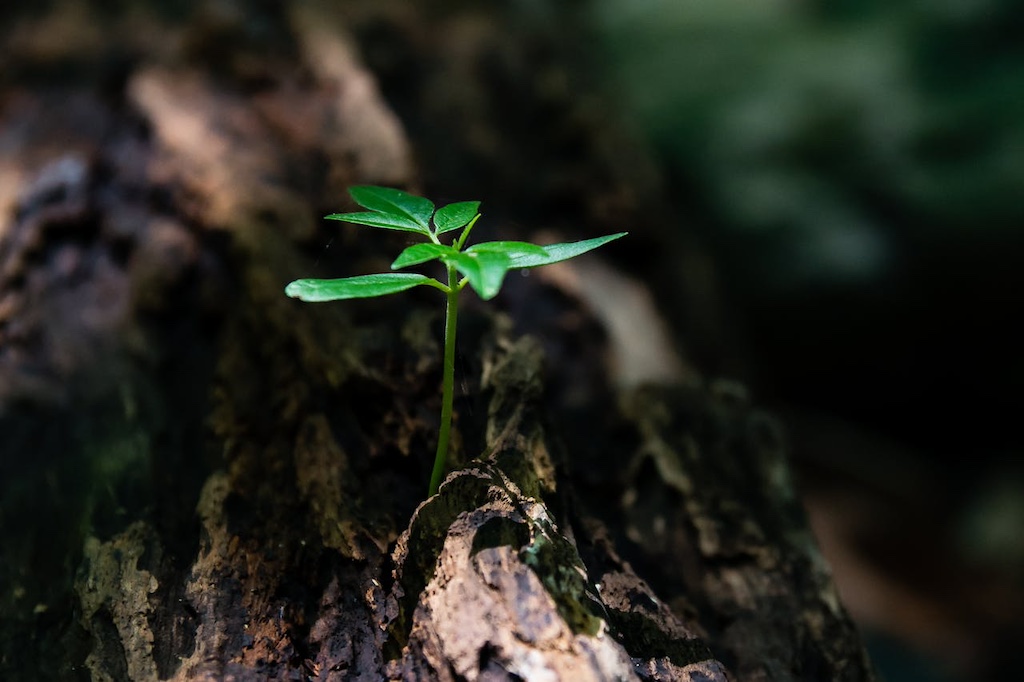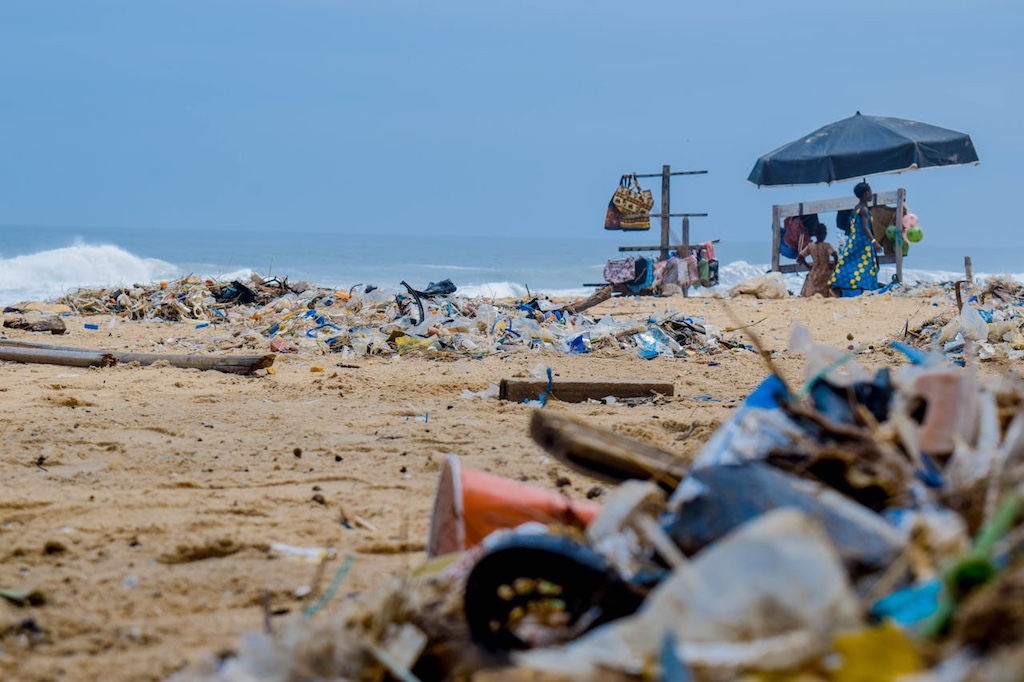A Global Call to Free the Earth from Plastic
Every year on June 5, the world commemorates World Environment Day as a moment to raise awareness of the planet’s most urgent environmental issues. In 2025, the central theme is “Stop Plastic Pollution”—a message that has become increasingly relevant as plastic waste continues to overwhelm oceans, rivers, land, and even the air.
As a country with one of the world’s longest coastlines and ranked as the second-largest contributor of marine plastic waste, Indonesia plays a crucial role in this global agenda. The Indonesian Ministry of Environment and Forestry (KLHK) has declared several strategic steps in line with national waste management targets and global commitments for a cleaner, more sustainable planet.
Plastic: A Real Threat to Nature and Life
Plastic has become an inseparable part of modern daily life. However, its uncontrolled use and poor waste management have turned plastic into a major threat to the environment. According to UNEP, around 400 million tons of plastic are produced globally each year, and over 50% of it is single-use plastic.
Plastic waste takes hundreds of years to decompose, and during that time, it pollutes ecosystems, kills marine life, enters the food chain, and ultimately harms human health. In Indonesia, it’s estimated that more than 3 million tons of plastic waste pollute the seas every year. This alarming figure is a stark reminder that the plastic crisis is urgent and must be tackled collectively.
World Environment Day 2025: Global Collaboration and Concrete Actions
The 2025 World Environment Day is more than just a symbolic observance. Coordinated by the United Nations Environment Programme (UNEP), the campaign calls on governments, the private sector, and civil society to:
- Reduce the production and consumption of single-use plastics
- Encourage innovation in eco-friendly plastic alternatives
- Strengthen sustainable waste management systems
- Mobilize community-based clean-up actions
- Build cross-sector and cross-country partnerships
The theme “Stop Plastic Pollution” emphasizes that massive change begins with small, consistent actions. From national policies and industrial practices to individual lifestyles, every stakeholder has a role to play in being part of the solution.
Indonesia’s National Target: 100% Waste Management by 2025
As part of its global commitment, Indonesia has set a target of achieving 100% waste management by 2025. This includes a 30% reduction in plastic waste generation and 70% proper waste treatment. The government, through KLHK, continues to promote circular economy principles, waste banks, extended producer responsibility (EPR), and technological innovations in recycling.
Key programs include the Clean Indonesia Movement (Gerakan Indonesia Bersih), Jakstranas (National Policy and Strategy for Household Waste Management), and Plastic Waste Reduction Partnerships. Yet, the success of these initiatives hinges on broad community participation and strong political will.

https://www.pexels.com/photo/selective-focus-photo-of-green-plant-seedling-on-tree-trunk-1151418/
The Impact of Plastic Pollution on Environment, Society, and Culture
1. Environmental Impact
Plastic pollution endangers biodiversity on land and sea. Marine animals such as turtles, seabirds, and whales often die from ingesting plastic or becoming entangled in it. Microplastics contaminate drinking water and agricultural soil, threatening long-term food security and ecosystem health.
2. Social Impact
In many coastal communities in Indonesia, fishermen are already experiencing reduced fish catches due to degraded marine ecosystems. Poor waste management also leads to sanitation problems, disease outbreaks, and economic burdens, especially among low-income populations.
3. Cultural Impact
Indonesia is rooted in traditions of mutual cooperation (gotong royong) and reverence for nature. However, modern consumerism and overreliance on plastic threaten to erode these cultural values. Environmental neglect can also harm nature-based and cultural tourism, which many regions rely on for economic growth, including Bali, Raja Ampat, and Labuan Bajo.
Act Now—The Earth Can’t Wait
World Environment Day 2025 is both a moment of reflection and a call to action. The plastic crisis is not only an environmental issue but also a social and humanitarian challenge. As an archipelagic nation, Indonesia has a strategic interest in leading efforts to curb plastic pollution to protect its oceans, lands, and future generations.
From national regulations to simple acts like carrying reusable bags, refusing plastic straws, and sorting household waste, every action counts. The world is moving, and Indonesia must not fall behind in the mission to rescue the Earth from the plastic disaster. Let’s make June 5, 2025, not just a commemoration, but the starting point of real, lasting change. Stop plastic pollution—starting today.
Read other Articles: What is NOx? Dangers, Sources, and Global Impacts





